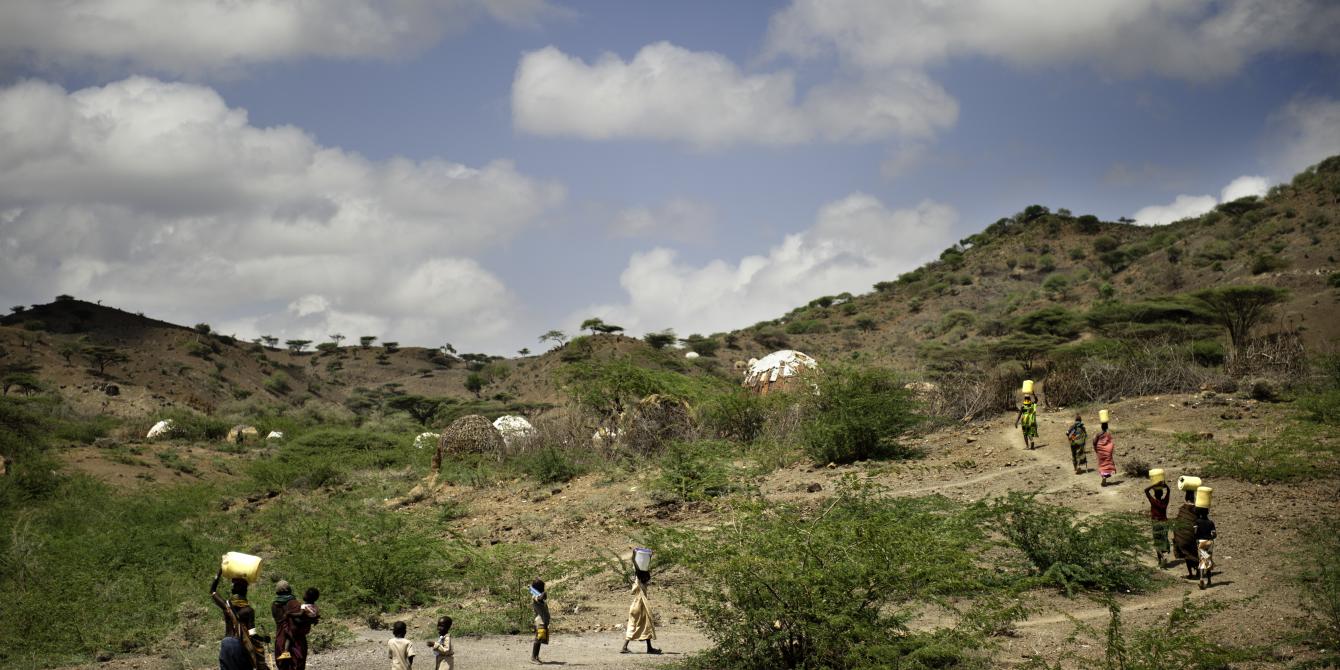What We Do

From the ground, up
Our work in the region aims to improve the lives of people living in the ten countries we work in namely Burundi, DR Congo, Ethiopia, Kenya, Rwanda, Somalia, South Sudan, Sudan, Tanzania, and Uganda. This work is delivered by highly capable program teams at all levels in the countries and complemented by regional and global capacity predominantly around fundraising, influencing, program quality and learning.
Across the region, we partner with others to achieve change at scale through influencing local, national, regional and global policies and practices of states and the private sector, to augment and strengthen civil society capacity and to broker partnerships. We work to ensure women and men’s immediate needs for protection and support are met, and to develop solutions to improve people’s lives in the long term.
Our Transformation Agenda
Through our work at country, regional and global levels, we will seek to be effective today and relevant tomorrow. Therefore, our key strategic priorities will be aimed at:
-
Deepening transformative feminist leadership.
-
Deepening quality & impact of current development and humanitarian portfolio with a strong emphasis on a one program approach.
-
Knowledge and thought leadership on current work and mega-trends – tackling root causes of conflicts, inequality, urbanization & integrating technology.
-
Nurture and consolidate transformative partnerships – leading, convening and brokering stakeholder dialogues.
-
Pioneering alternative operating and financing models.
-
Strengthening synergies and connectedness across themes and teams in the region and within the confederation.
How we will be measured
-
Future proof in sustaining the regular and timely analysis of the changing HECA context and demonstrate agility and adaptability.
-
‘Constructive irrelevance’ where the scope of what we do and where we work is smaller and we have ceded greater space to stronger and better organized national and regional civil society.
-
Impact at Scale achieved by people especially women, regardless of their circumstances and status, enjoying their entitlements and right to life of dignity.

.jpg?itok=6bN88EnT)







 Follow us on Facebook
Follow us on Facebook Follow us on Twitter
Follow us on Twitter